Education: Teachers
Charlotte Auerbach
After leaving Nazi Germany in 1933, Charlotte Auerbach settled at the University of Edinburgh, where she was a beloved professor and a groundbreaking researcher. Her discovery about the effect of mustard gas on gene mutation received worldwide acclaim and she became renowned for her profound knowledge of classical genetics, especially of mutation.

Australia: 1788 to the Present
The first Jewish women, like the first Jewish men, arrived in Australia on the very first day of European settlement in 1788. Those convict pioneers were followed by free settlers who made Jewish communal and congregational life viable and helped to develop the vast continent. Jewish women have made significant contributions to Australia's national story.
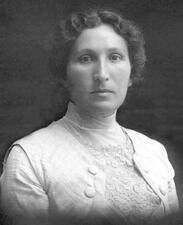
Sara Azaryahu
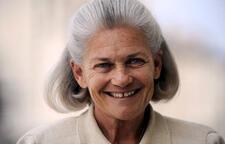
Elisabeth Badinter
Elisabeth Badinter is one of France’s most prominent and controversial philosophers. Among her most important contributions figure her numerous writings about feminism and gender relations, which emphasize the importance of “equality through resemblance,” as well as her historical works on the Enlightenment.
Edith Jacobi Baerwald
Edith Jacobi Baerwald devoted her energy to philanthropic organizations, but she also loved connecting directly with the people she helped through her volunteer work at settlement houses. She considered volunteer work a social obligation and poured her time and tireless energy into numerous projects.
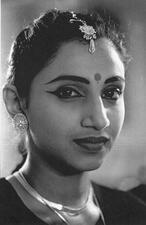
Baghdadi Jewish Women in India
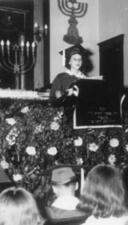
Elaine DeLott Baker
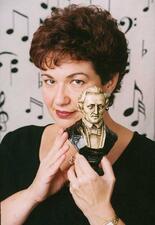
Astrith Baltsan
Golde Bamber
Golde Bamber envisioned and institutionalized new educational structures to serve Jewish immigrant communities in Boston in the late nineteenth and early twentieth centuries. She served as director of the Hebrew Industrial School for Girls for forty years. Bamber’s pioneering work influenced settlement house, vocational, Jewish, and nursery school education in Boston and beyond.
Florence Bamberger
Educational administrator, professor, and author Florence Bamberger devoted her life and career to developing and implementing her progressive views on teaching. Her commitment to supervisory models of pedagogy continues to influence schools of education today.
Asnat Barazani
Asnat Barazani was a highly educated and respected Torah scholar in late 16th and early 17th century Kurdistan. After her father’s death, he passed leadership of his Yeshiva in Mosul to Asnat’s husband, but she essentially ran it, taking rabbinic students under her supervision.
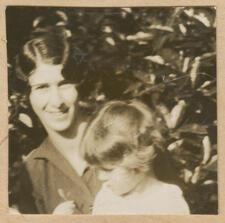
Dorothy Walter Baruch
Psychologist Dorothy Walter Baruch championed the health development of children as an educator, author, psychologist, and as a community leader. Her psychodynamic approach to child development focused on the relationship between physical, emotional, and intellectual development and on rechanneling children’s feelings through play and art therapy.
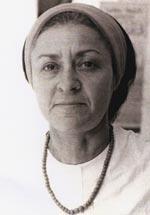
Rivka Basman Ben-Hayim
Born in Wilkomir, Lithuania, in 1925, the much-awarded Rivka Basman began writing poetry at an early age. She composed poetry during the Holocaust, and continued to publish books of lyrical poetry long after. Only late in life did she directly address her experiences during the Holocaust.
Matilde Bassani Finzi
Matilde Bassani Finzi was an active Italian anti-fascist who relentlessly fought the injustices of Mussolini and the Nazis. She continuously worked towards the ideals in which she believed: freedom, democracy, and equality for women.
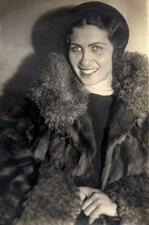
Shulamit Bat-Dori
Shulamit Bat-Dori defied notions about the inappropriateness of theater in the kibbutz, creating popular and acclaimed plays for the masses. Bat-Dori joined Ha-Shomer ha-Za’ir and made Aliyah in 1923, bringing her passion for theater, dance, music, and languages to Kibbutz B (later Mishmar ha-Emek). She wrote plays and founded the Kibbutz theater.
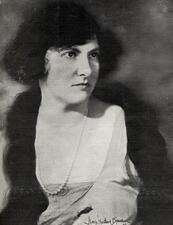
Marion Eugénie Bauer
Marion Eugenie Bauer was a modernist and experimental composer whose musical scholarship advocated for women’s voices to be heard and revived interest in female composers. As a teacher, writer, and composer, she was actively involved in many music and composition organizations, frequently as the only woman in a leadership position.
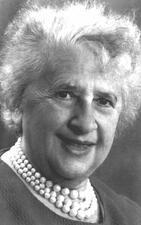
Sarah Bavly
Dutch-born Sarah Bavly was a pioneer nutritionist in the Yishuv who laid the groundwork for Israel's nutritional infrastructure and educational programming, directing Hadassah's hospital nutrition departments and school lunch programs and establishing the State's first College of Nutrition.
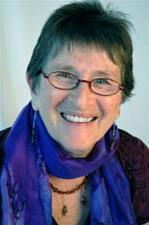
Evelyn Torton Beck

Jeanne Behrend
Jeanne Behrend was a renowned pianist, music educator, and composer who was dedicated to creating music and popularizing North and South American music. Behrend won Columbia University’s Joseph Bearns Prize in 1936; debuted at Carnegie Hall in 1937, performing one of her own compositions; and founded the Philadelphia Festival of Western Hemisphere Music in 1959.

Ruth Ben Israel
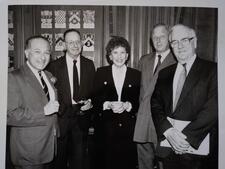
Hadassa Ben-Itto

Miriam Ben-Porat
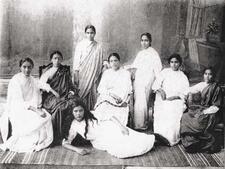
Bene Israel
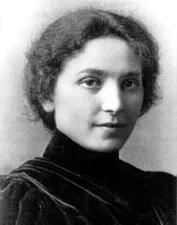
Senda Berenson
Known as the “Mother of Women’s Basketball,” Senda Berenson pioneered women’s basketball as the director of the physical education department at Smith College in Northampton, Massachusetts. Many of the rules she developed for women’s basketball became the standard ones used for seventy years.
Raissa L’vovna Berg
Raissa Berg worked was an eminent geneticist until Soviet Russian policies forced her out of her job. Nevertheless, she continued her research at home, eventually discovering “correlative Pleiades” in plants, and later contributed significantly to the reestablishment of the scientific field of genetics in Russia during her brief reinstatement. After emigrating to the United States, Berg remained active until her death in 2006.


